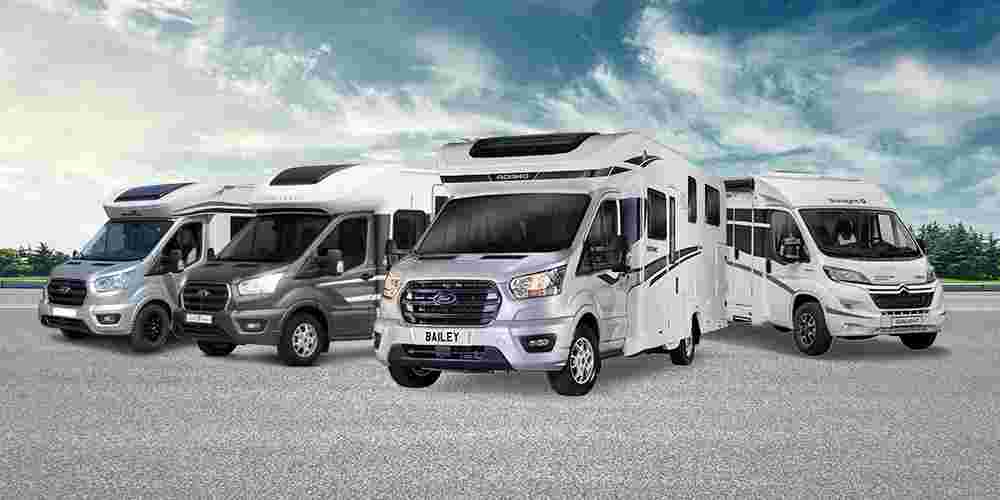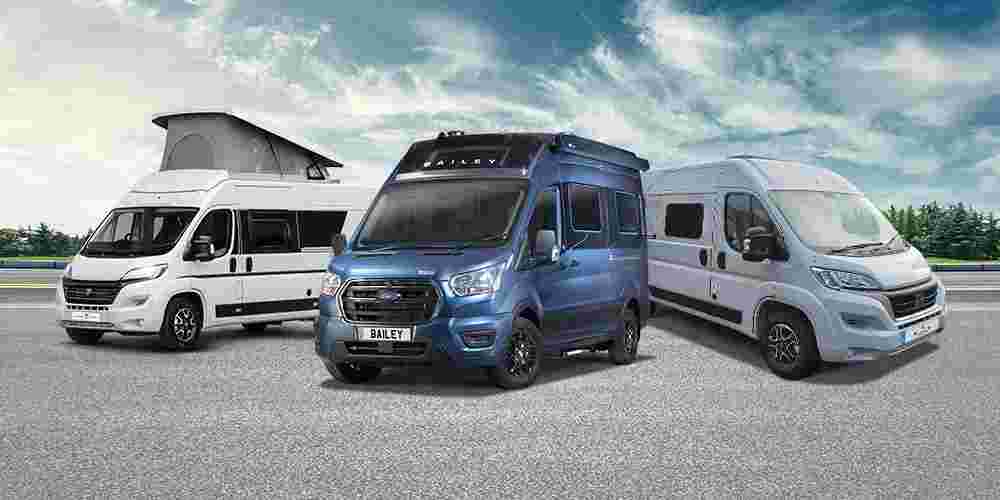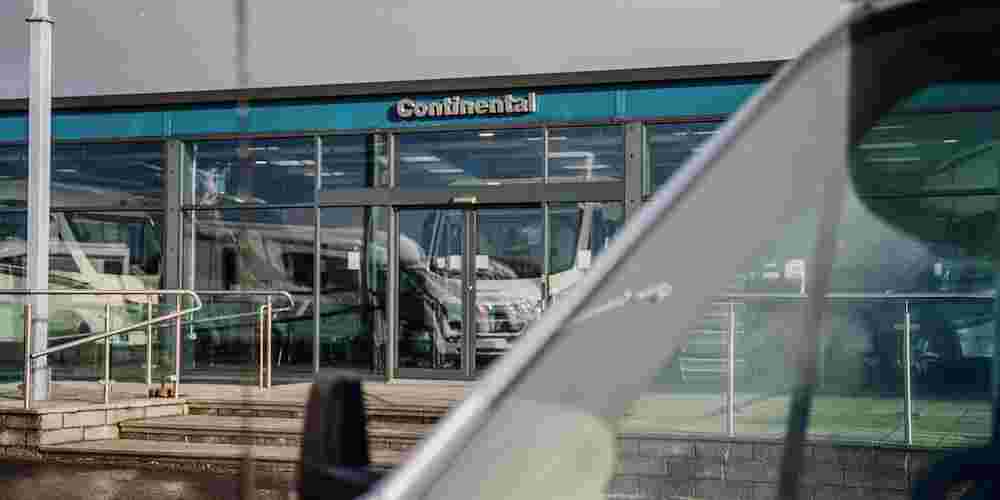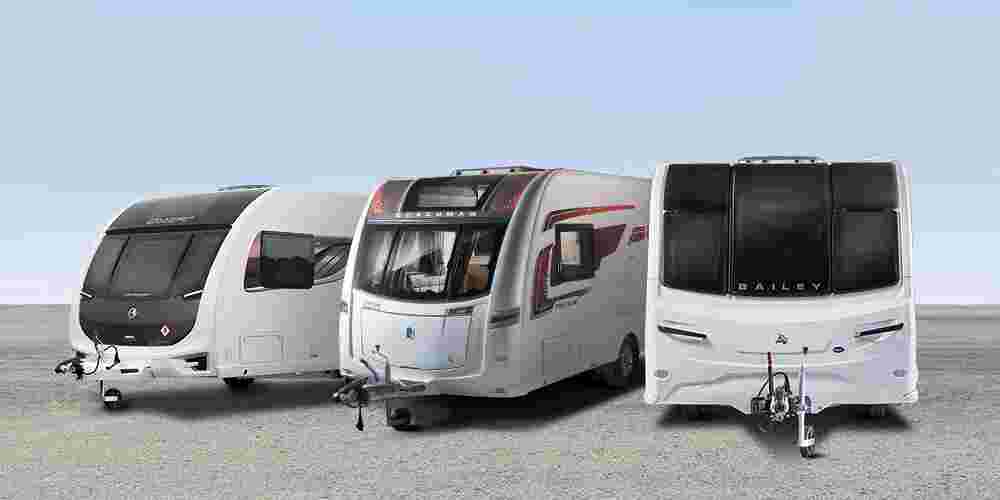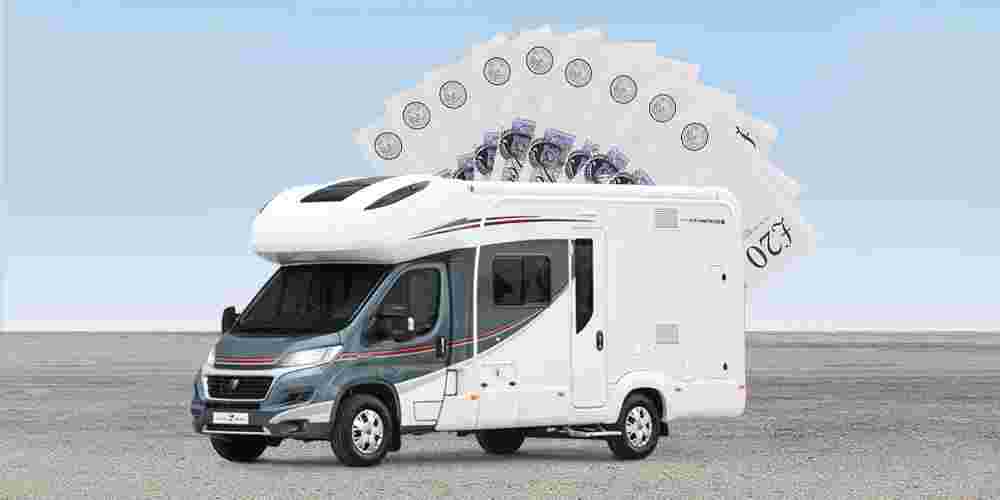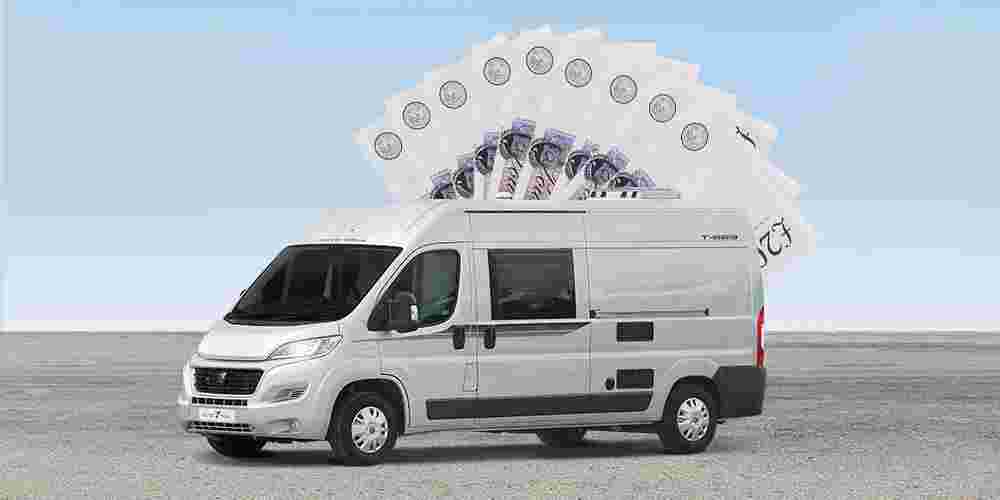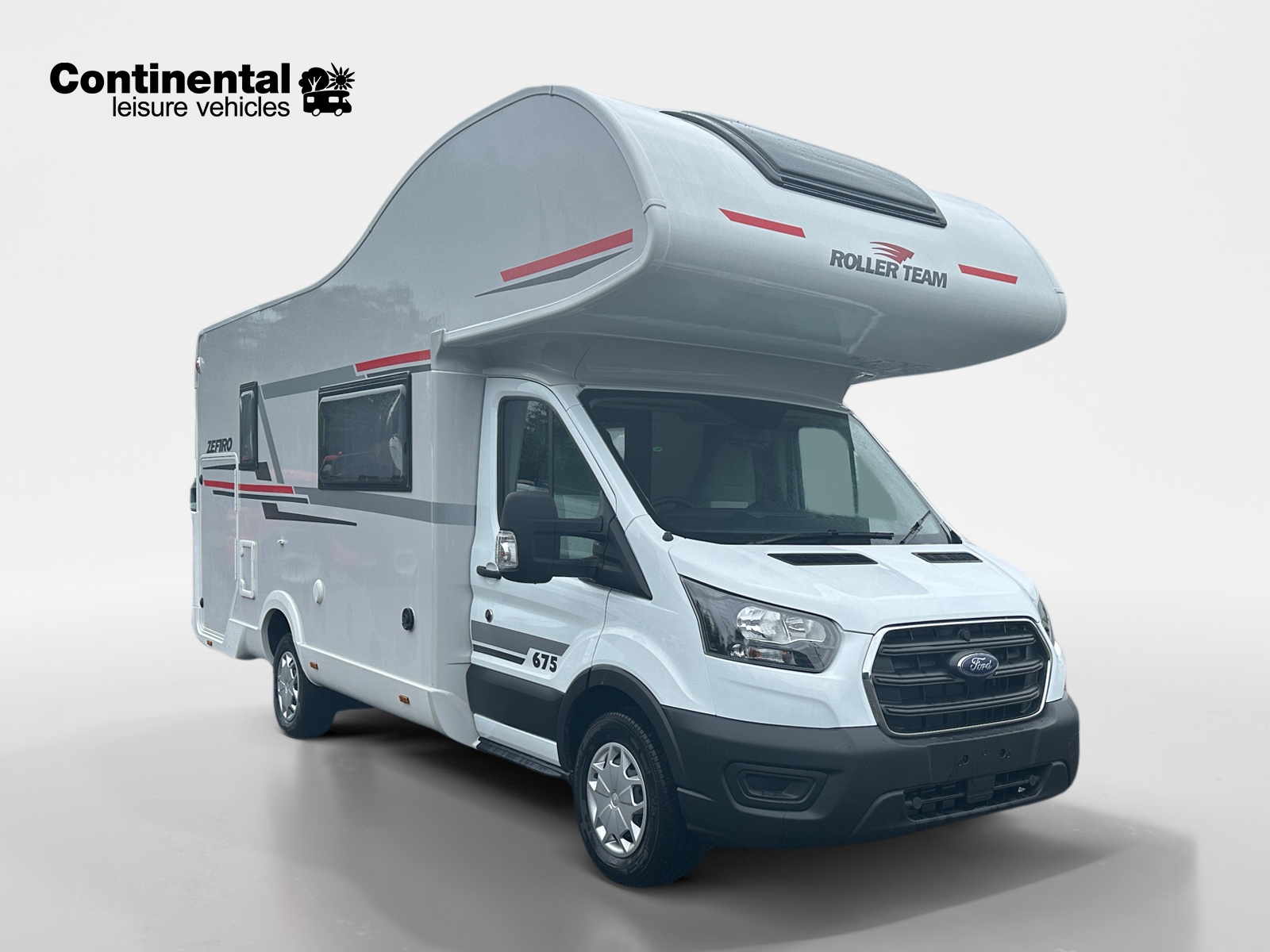
Which Should I Choose?: A Manual or Automatic Motorhome?
16.08.23
We’re living in an age where automation and artificial intelligence are firmly in the spotlight. Mankind is dealing with the concept of certain tasks, processes, calculations and even thoughts being removed from the human realm and put in the hands of machines and computers. The idea - it is always said - is that the shift will make things easier and better. In a way, this whole concept is something motor vehicle driving has already tackled with, mainly, the rise of automatic gearboxes over manual. This development has revolutionised driving during the last fifty years and in this edition of our blog we’ll dig in to the issue to give you the advice you need when you’re looking at motorhomes for sale in Wales and weighing up your options…
What’s the difference between manual and automatic?
Automatic:
There cannot still be anyone on the planet who does not know that an automatic gearbox removes the need for constant shifting between gears. As it does this, it removes some of the routine physical interaction between the driver and the vehicle. An automatic gearbox automatically transfers the correct amount of power (ie. torque) from the vehicle’s engine to its wheels – and, therefore, will change the vehicle’s gears correctly with no driver input. An automatic gearbox takes over selecting the transmission ratios and changes between gears, and is programmed to shift gears at the perfect time for maximum speed gains. Fuel efficiency in an automatic transmission vehicle is higher than in a manual as the automatic is programmed to calculate the perfect moment for a gear change. Currently, you are much more likely to encounter manual transmission gearboxes in motorhomes in the UK, though automatics are increasingly favoured by manufacturers and therefore becoming more and more prevalent on our roads as time goes by. In a nutshell:
- Removes need for constant driver interaction
- Easier / smoother to drive
- Better acceleration
- Largely stall-free
- Calculates perfect moment for gear change
- Automatically transfers torque from engine to wheels
- More fuel efficient than manual
- Specialist mechanic and equipment usually required
Try:
Roller Team Zefiro 675: A smart six berth hi-line motorhome, perfect for families, and packed with features – including an automatic gearbox!
Bailey Adamo 75-4 DL: A comfortable and stylish four berth, offering plenty of comfort and convenience, and plenty of features – including an automatic gearbox!
Manual:
Manual gears are the ‘legacy’ version of gearboxes, and have been installed in motor vehicles since the early days of manufacture. They require a driver to mechanically ‘input’ the desired gear through the use of a combination of gearstick and clutch pedal. The main advantage of manual transmission is that it offers control to the driver, such as in situations like skipping a gear (1 to 3 or 2 to 4, say) when accelerating during overtaking (or the reverse shift when downshifting). Manual vehicle also ‘feel’ more responsive than automatics, and you’ll have more control in conditions like snow and ice. Fuel efficiency in a manual transmission vehicle is lower than in an automatic as manual relies on driving skills which will contain imperfect gear changes. In a nutshell:
- Control through manual interaction
- Cheaper to buy than automatic
- Cheaper to maintain / repair
- Any mechanic can work on manual systems
Try:
Sunlight V60 Adventure Edition: A slim and compact three berth motorhome offering plenty of storage for adventurers looking to make the most of their time on the road.
Are automatic motorhomes more expensive than manual?
Most automatic motorhomes are in the A-class category – and therefore are more expensive than those with manual gearboxes. If, in the unfortunate circumstance of anything going wrong with the automatic gearbox, it would also be more expensive to repair or replace than a manual. Specialist mechanics or technicians / engineers are required to work on automatic gearboxes. As motorhomes with automatic gearboxes become more common, it is probably that the price gap between them and manual gearbox motorhomes will narrow, despite the fact that automatic gearbox tech is more advanced.
Do I need a different type of driving licence for an automatic motorhome?
If you learn to drive in an automatic car, you will have to take your test in an automatic and will only be granted a licence which entitles you to drive an automatic. If you wish to drive a car with a manual gearbox you will then have to take another test to entitle you to do so. These licence categorisations ‘transfer up’ to motorhome driving – and so, if you have a manual driving licence you will be entitled to drive a manual motorhome (up to 3,500kg) or an automatic (though most are A-class, so over that weight class). If you want to drive a motorhome which is more than 3,500kg then you will have to take further testing to achieve higher categorisation.
Ultimately, your choice of motorhome should not be made on whether its gearbox is automatic or manual. You should make your choice based on the overall suitability of the vehicle to meet your requirements. The type of gearbox should just be one factor in a list that leads you to your decision.
Key points to note are:
- Automatic motorhomes are generally more expensive than manual.
- If you opt for an automatic it is likely to be a larger vehicle and therefore you should ensure you meet all UK driving licence requirements.
- Many mechanics / garages cannot undertake the repair of automatic gearboxes due to the specialised equipment (and knowledge) required.
- Front brake discs are prone to wear more quickly than with a manual gearbox.
Whether you’re on the lookout for a motorhome with a manual gearbox or an automatic motorhome, get in touch with us at Continental. We can help!
